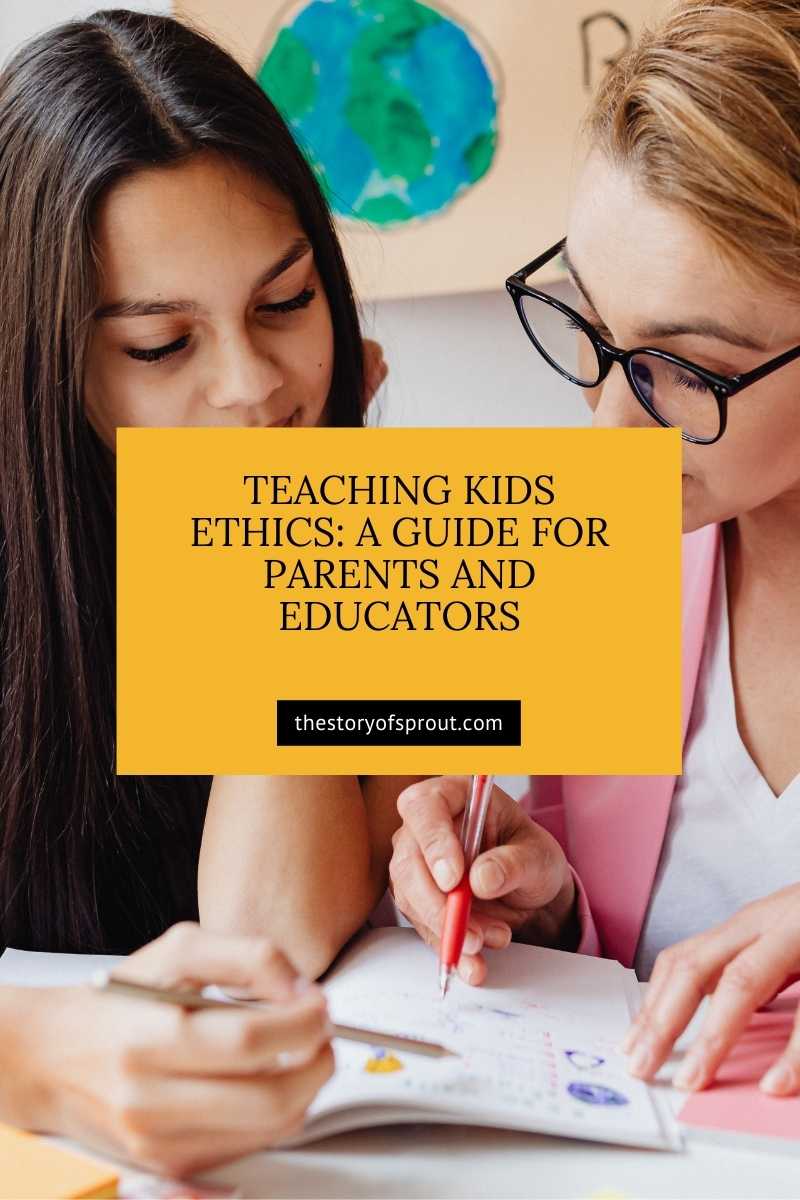
Teaching Kids Ethics: A Guide for Parents and Educators
|
|
Time to read 5 min
|
|
Time to read 5 min
Raising children in today's world means navigating the complex terrain of right and wrong, good and bad. As parents, it's our duty and privilege to instill a strong sense of ethics in our kids, guiding them to make thoughtful and compassionate choices. Moral philosophy, a field that has been explored for centuries, offers a valuable framework for helping kids understand and navigate these moral decisions. This blog post aims to break down the key elements of moral philosophy and offer practical, engaging ways to teach these important lessons to our children.
As we dive into this topic, we'll blend time-tested wisdom with the realities of modern life. The goal is to help our children develop a strong moral compass that will guide them through the challenges they face. Teaching kids ethics isn't just about imparting knowledge; it's about fostering empathy, integrity, and compassion. By doing so, we hope to nurture a generation that understands the importance of moral philosophy and strives to make the world a better place.
Table of contents
Teaching moral philosophy to children is a journey that involves nurturing their innate sense of morality and guiding them towards virtuous living. By incorporating engaging methodologies and emphasizing real-life applications, we can equip the younger generation with the tools they need to make ethical decisions and contribute to the betterment of society. As educators, parents, and mentors, we play a crucial role in shaping the moral compass of future generations, fostering a culture of empathy, integrity, and compassion. Kids ethics is a vital component of this journey, ensuring that children grow into adults who prioritize ethical behavior and moral reasoning.
Join us in this journey by exploring "Sprout" by Richard P. Gleason. This captivating book offers a pathway for parents to engage with their children on profound moral philosophy concepts in an accessible and engaging manner. Let's empower our children to become ethical leaders of tomorrow by starting conversations and exploring the timeless wisdom found within the pages of "Sprout." Check out this invaluable resource today and sow the seeds of virtue in the hearts and minds of our future generations. By integrating the principles of kids ethics into our everyday interactions, we can nurture a generation that is not only knowledgeable about moral philosophy but also committed to living ethically and compassionately.
